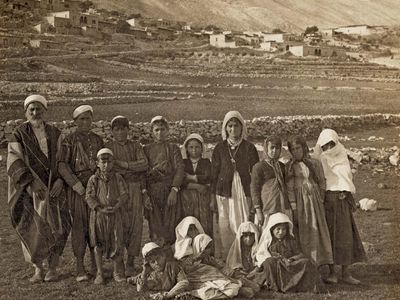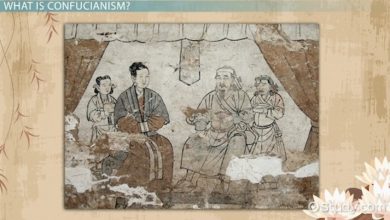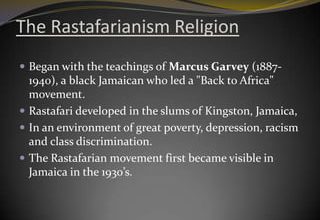Druze Religion Brief Introduction and History.
Unveiling the Druze: A Glimpse into a Mysterious Faith.

A Short Overview and History of Druze religion- an uncommon monotheist religion derived from Egypt in the course of the 11th century. Druze is a unique monotheistic religious faith. It originated in the Middle East during the 11th century. The Druze community has its own beliefs and practices.
Origins of the Druze Religion
The religion of the Druze started in Egypt under the rule of Caliph Al-Hakim bi-Amr Allah. Was a Fatimid Caliph. The religion began approximately in 1017 CE. It is rooted in Ismaili Islam, a branch of Shia Islam.
Key Figures in Druze History
There were key figures in the history of the Druze faith. A name that comes up often is Hamza ibn Ali ibn Ahmad. He is regarded as the founder of the Druze religion. A second notable character, who is considered a divine incarnation, is Al-Hakim.
However, the Druze religion is a unique belief system. As God is One, so all beings are one. Among the Druze — who possess a secretive religious text called the Epistles of Wisdom — the significance of death has long held a special place. It is only available to a few members of the community known as ‘UQAM’
Core Beliefs
The belief in One God: Monotheism
Reincarnation: After dieing, souls are reincarnated in new bodies.
Incarnations of the Divine: Historical figures are considered divine embodiments.
The other one is:Community Loyalty: Strong sense of unity and identity.
Religious Practices
Druze do not have specific places of worship. They meet in community centres known as Majlis. The religion is intensely secretive. Religious ideas come down from oral tradition.
Druze Culture and Society
The Druze community, very tight-knit. They primarily live in Lebanon, Syria and Israel. The Druze are famous for their loyalty to the country in which they live. You are had data about upto October 2023.
Traditional Dress
Druse wears a white hat called ‘Tarboosh’. Women wear long dresses; their hair is covered with a white veil. Such traditional clothes represent their ethnicity.
Marriage And Family
Druze community marriage is a must. They do not intermarry. Family forms the most important unit of Druze society. Family ties and respect for elders are very important to them.
Historical Challenges
Druze Religion- Everyone knows by now that every religion has its history they have gone through. have long been persecuted for their beliefs. Nevertheless, they have preserved their unique identity and culture.
Periods Of Persecution
In the Mamluk and Ottoman periods, the Druze were persecuted. frequently persecuted for their unusual beliefs. The only option for this community was to hide away to keep their faith.
Modern Challenges
Today the Druze grapple with assimilation and cultural preservation. They try to keep their traditions alive as they assimilate into modern society.
Druze Contributions: The Druze have made notable contributions to the states in which they reside. They work in politics, education and the military. known for their loyalty and service.
Political Participation
Druze participate in politics in Lebanon, Syria, and Israel. They have senior positions in government and local councils. Getting into politics allows them to better represent their community.
Educational Achievements
The Druze is very education-oriented functions. The Druze have many educated, high-achieving people. They add to myriad disciplines, such as science, medicine and the arts.
Military Service
The Druze have a reputation for military service. In Israel, many Druze take a role in the Israël Défense Forces. honored for their courage and commitment.
The Druze religion is an uncommon faith with its own heritage. The Druze have maintained their faith and traditions despite numerous trials. They serve the countries they live in, and connect with these societies. Submitted by And more about the Druze religion can help us understand the rich tapestry of our world.
F A Q
What Is the Druze Religion?
Druze, a monotheistic religion that arose in the 11th century in the Middle East and whose roots are in Islam.
Where Was the Druze Religion Founded?
The Druze faith started in Egypt and spread to Lebanon, Syria and Israel.
Who Are the Major Players in Druze History?
Important figures in the history of Druze include Hamza ibn Ali and Al-Hakim bi-Amr Allah.
What Do Druze Believe?
Reincarnation, monotheism and loyalty to the community are some elements of Druze beliefs. They also stress wisdom and ethical behavior.



